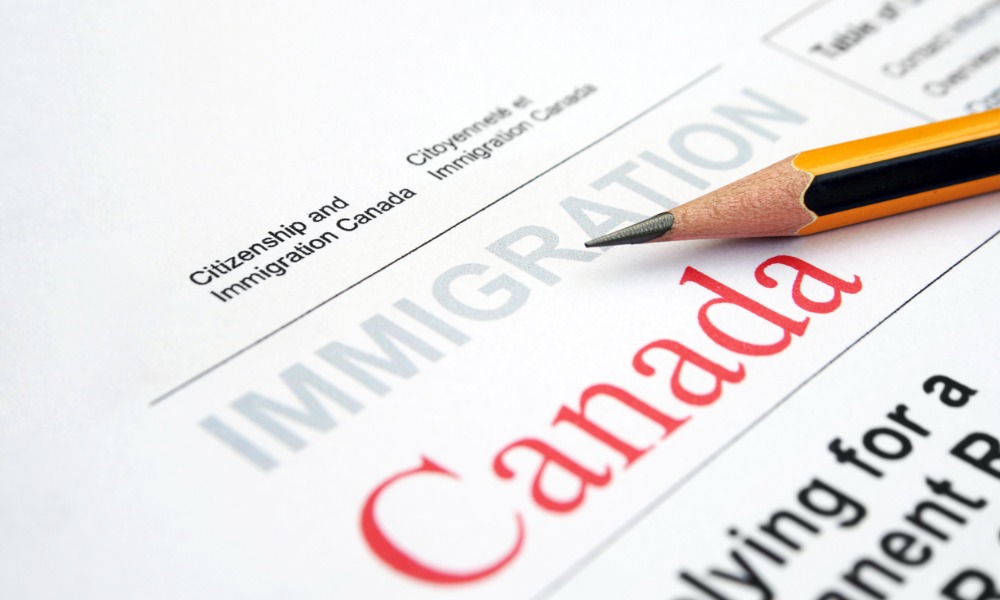
In today’s technology-driven world, the issue of balancing national security and digital privacy has become a hot topic. On the one hand, governments need to protect their citizens from terrorism, cybercrime, and other threats. On the other hand, individuals have the right to privacy and the freedom to communicate and conduct their lives without undue interference. Finding the right balance between these two competing interests is a challenge, but it’s one that must be addressed if we are to maintain a free and open society.
The Importance of National Security
There is no doubt that national security is of utmost importance. Governments have a responsibility to protect their citizens from harm, both within their borders and abroad. This includes protecting against terrorism, cyber attacks, and other threats to public safety. Without adequate measures in place to safeguard national security, our society would be at risk of chaos and violence.
The Importance of Digital Privacy

At the same time, digital privacy is also a crucial concern. Individuals have the right to communicate and conduct their lives without undue interference from the government or other entities. This includes the right to keep personal information private, the right to free speech, and the right to access information without censorship or surveillance. Without these rights, individuals would be at risk of oppression and discrimination.
Finding the Right Balance
So how do we balance these two competing interests? There is no easy answer, but there are some key principles that can guide us in the right direction:
- Transparency: Governments and other entities should be transparent about their policies and practices regarding national security and digital privacy. This includes being open about surveillance programs and data collection activities.
- Accountability: Those responsible for national security and digital privacy should be held accountable for their actions. This includes ensuring that any surveillance or data collection activities are legal and ethical, and that any abuses of power are punished.
- Proportionality: Any measures taken to protect national security should be proportional to the threat. This means that surveillance and data collection activities should only be used when necessary, and should not infringe on individuals’ rights any more than is absolutely necessary.
- Collaboration: Governments, technology companies, and individuals should work together to find solutions that balance national security and digital privacy. This includes developing new technologies and policies that can protect both interests simultaneously.
The Role of Technology
Technology has a crucial role to play in balancing national security and digital privacy. While technology can be used to monitor and surveil individuals, it can also be used to protect privacy and safeguard national security at the same time. Some examples of how technology can help include:
- Encryption: Encryption technologies can be used to protect sensitive information from prying eyes.
- Anonymity: Anonymity technologies can be used to protect individuals’ identities and keep them safe from surveillance.
- Data Minimization: Data minimization techniques can be used to collect only the data that is necessary for national security purposes, without infringing on individuals’ privacy.
The Bottom Line
Balancing national security and digital privacy is a complex issue, but it’s one that we must address if we are to maintain a free and open society. By being transparent, accountable, and collaborative, and by using technology in a responsible and ethical way, we can find the right mix that protects both interests and ensures the safety and security of our society.








